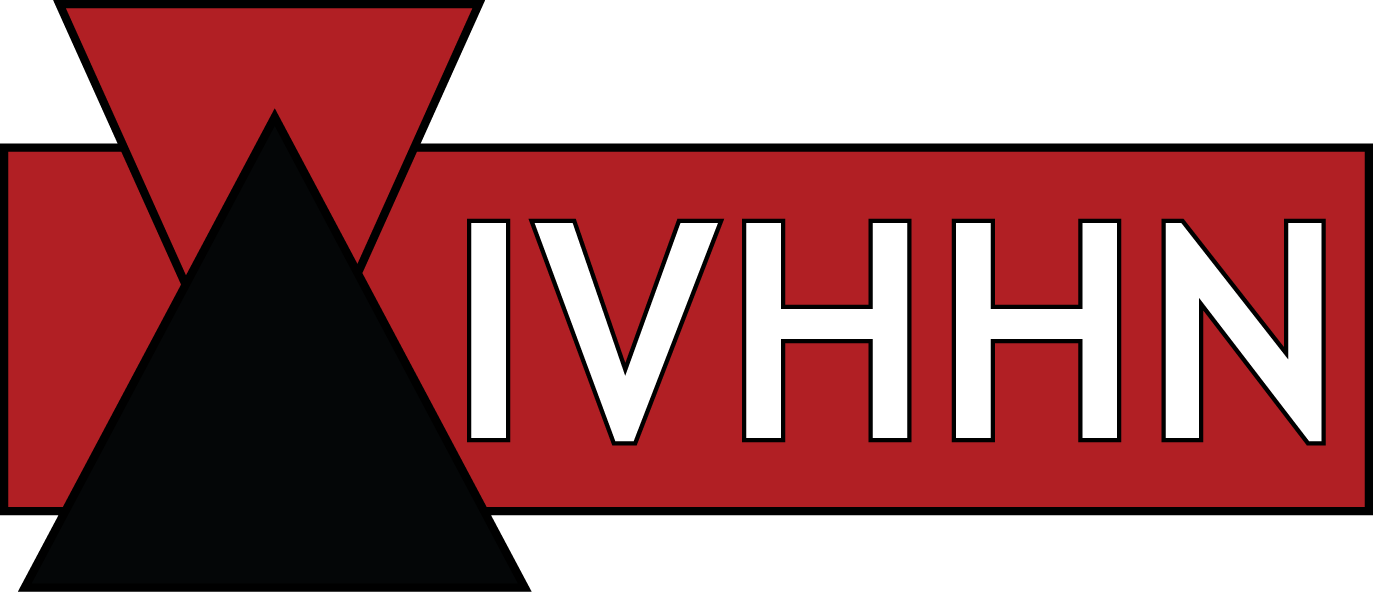IVHHN briefing notes for eruption management and information
IVHHN has developed some briefing notes to help emergency managers and government agencies make decisions on protecting communities from volcanic emissions. The following documents continue to be edited, as appropriate, for different eruptions.
- Briefing note on water quality management (last updated 28 June 2021)
- Briefing note on air quality management (last updated 16 April 2021)
- Briefing note on ash clean-up health & safety (last updated 20 April 2021)
The following briefing notes also may be of interest to the public and media professionals:
- Briefing note on comparing volcanic emissions (flux) data with air quality data (last updated 13 May 2021)
- NEW: Briefing note on comparing air quality forecasts with air quality data (last updated 6 December 2022)
Eruption-specific information:
- Hunga Tonga-Hunga Ha'apai, Tonga 2022: Briefing note on the health impacts and recommendations for health sector response (last updated 16 January 2022)
- La Soufrière, St Vincent 2021: Briefing note on the health impacts of eruptions (last updated 16 April 2021)
IVHHN has also supported the Auckland Lifelines Group, New Zealand in developing a report on health and safety in volcanic environments. Suggested citation: Stewart, C., Wilson, T.M., Weir, A., 2024. Health and Safety in Volcanic Environments. 50 pages. Version 1, October 2024. Report on health and safety in volcanic environments. The document can also be downloaded from GNS's website: https://www.gns.cri.nz/assets/Our-Science/Subfiles/Natural-Hazards-and-Risks/Subfiles/Volcanoes/Health-and-safety-in-volcanic-environments.pdf.
External resources
IVHHN recommends the following slide set on ash clean-up, developed by Dr Josh Hayes (Earth Observatory Singapore) and Prof Tom Wilson (Universit of Canterbury, NZ). Clean-up afer volcanic eruptions - considerations for St Vincent slide set
This slide set compliments posters commissioned by USAID, the Volcano Disaster Assistance Programme and US Geological Survey, providing concise best practice information for critical infrastructure managers to effectively prepare for, respond to, and recover from ash-producing volcanic eruptions.
- Advice for airport operators Airport.pdf (632.83 kB)
- Advice for facilities managers - buildings Buildings.pdf (675.54 kB)
- Advice for operators of generators and HVAC systems HVAC.pdf (516.23 kB)
- Advice for power plant operators Power-Plant.pdf (1,003.08 kB)
- Advice for power transmission and distribution system operations Power-Transmission.pdf (612.76 kB)
- Advice for road network operators Road-network.pdf (650.50 kB)
- Advice for urban clean-up operations Urban.pdf (596.39 kB)
- Advice for wastewater collection and treatment managers Wastewater.pdf (722.00 kB)
- Advice for water treatment plant managers Water-treatment.pdf (632.02 kB)
Rapid ash respiratory hazard assessments
IVHHN has protocols for rapid geochemical and toxicological characterisation of volcanic ash for respiratory health hazard assessment which have been applied during a number of eruption crises. Below are IVHHN reports and/or journal publications from prior to 2021. Recent reports will be posted here once the journal publication process is completed. NB: IVHHN did not conduct any crisis response analyses between 2013 and 2020; local universities and agencies may have used IVHHN protocols for their own hazard assessments.
- Cumbre Vieja, La Palma (2021) report
- La Soufrière, St Vincent (2021) journal paper
- Colima, Mexico (2012) report
- Te Maari, Tongariro, New Zealand (2012) journal paper (leachates)
- Puyehue-Cordón Caulle, Chile (2011) GNS report (appendix 1)
- Eyjafjallajökull (2010) and Grímsvötn (2011), Iceland journal paper
- Merapi, Indonesia (2010) journal paper
- Pacaya, Guatemala (2010) report
- Kīlauea, Hawaii (2008) report
- Chaitén, Chile (2008) report and journal paper
- Rabaul, Papua New Guinea (2008) report to WHO and journal paper
IVHHN supports eruption preparedness and response
The following article, published to celebrate 20 years of IVHHN activities, summarises the support that we offer for planning for, and responding to, eruption crises, in relation to health impacts: https://www.frontiersin.org/articles/10.3389/feart.2023.1213363/full
